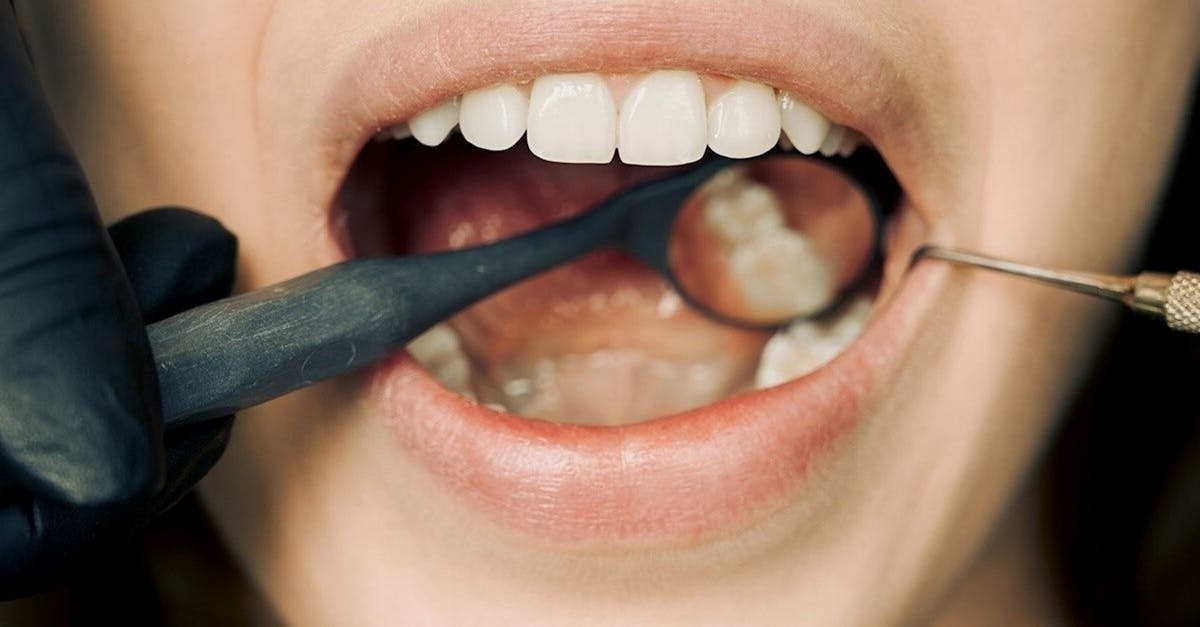Published on:
7 min read
Crowning Glory: Discover Everything You Need to Know About Dental Crowns
Dental crowns are vital for restoring damaged teeth and enhancing smiles. In this comprehensive guide, we delve into the types, benefits, and procedures involved in getting a crown to help you make informed decisions about your dental health.

What Are Dental Crowns?
Dental crowns, often referred to as caps, are custom-made restorations that cover the entire tooth surface. They are typically used to restore a tooth's shape, size, strength, and appearance. Crowns can be made from various materials, including porcelain, metal, or a combination of both. The choice of material often depends on the location of the tooth, the extent of decay or damage, and personal preference. Crowns play a crucial role in dentistry, particularly after procedures like root canals, or to protect a weak tooth from breaking. They ensure that you can chew comfortably and maintain your smile's aesthetic.
The Benefits of Dental Crowns
Investing in dental crowns can provide numerous benefits. One major advantage is their ability to restore functionality to damaged teeth. Whether due to decay, injury, or wear and tear, crowns can allow you to eat and speak normally again. Moreover, they can enhance the aesthetics of your smile. Crowns can be designed to match the color of your existing teeth, leading to improved self-confidence. Additionally, they help protect fragile teeth and serve as a foundation for dental bridges, providing support for adjacent teeth. Overall, dental crowns are a versatile solution for maintaining oral health.
The Procedure for Getting a Dental Crown
The process of getting a dental crown typically involves two visits to your dentist. During the first appointment, the dentist will assess the tooth and take X-rays to ensure it is healthy enough to support a crown. If necessary, decay will be removed, and the tooth will be shaped to accommodate the crown. Impressions will be taken to create a custom-fit crown, and a temporary crown may be placed until the permanent one is ready. At the second visit, the temporary crown is replaced with the permanent one, and adjustments are made to ensure a comfortable fit. It's essential to follow any aftercare instructions provided by your dentist.
Conclusion: Making an Informed Decision
Dental crowns are a valuable tool in modern dentistry, offering both functional and aesthetic benefits. Understanding the types, benefits, and procedure related to dental crowns can empower you to make informed decisions about your oral health. If you're considering getting a crown, consult with your dentist to discuss the best options for your specific needs. With the right care, a dental crown can enhance your smile for years to come.
Published on .
Share now!










